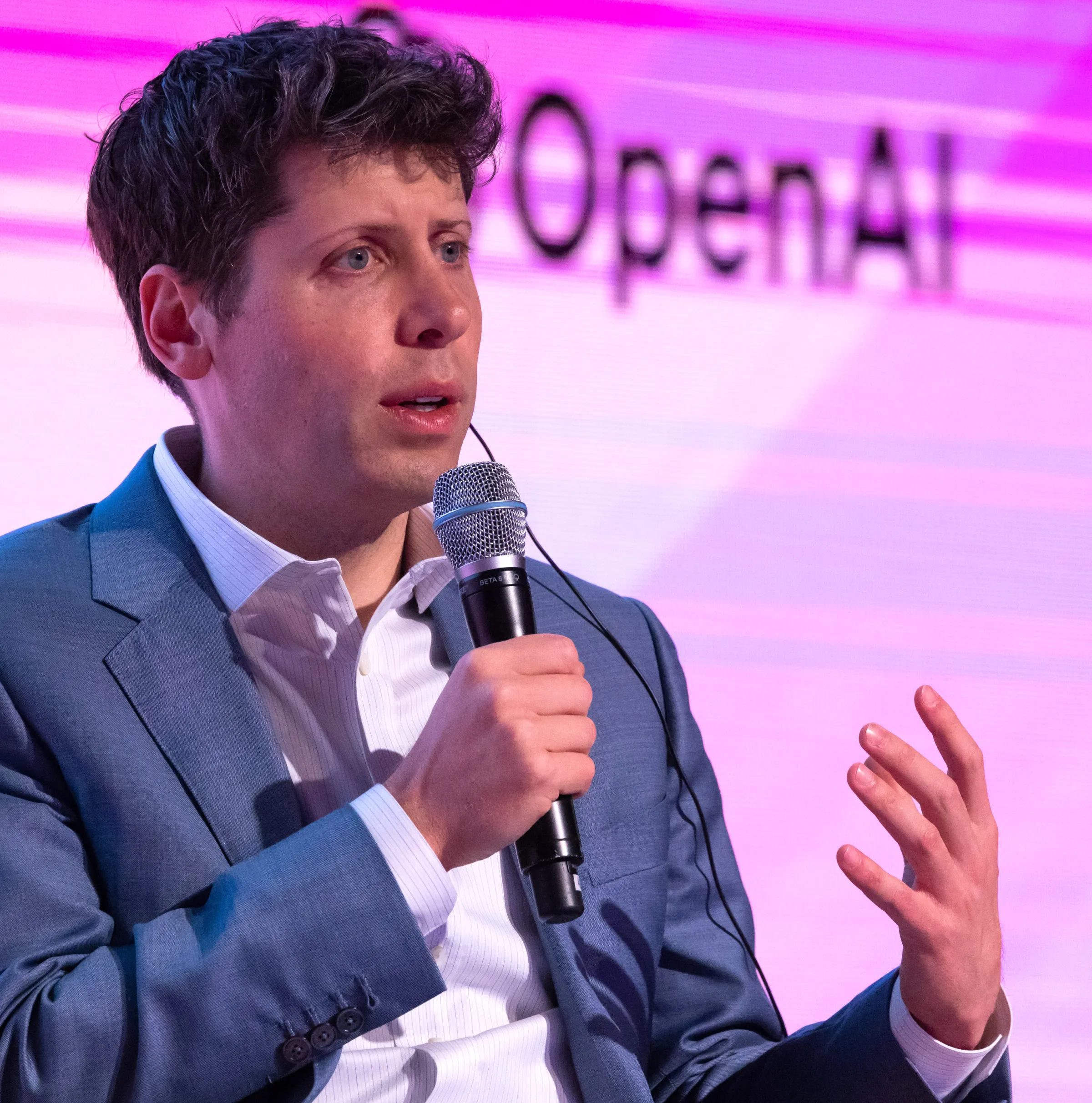
Sam Altman compared learning AI to learning swipes on smartphones
The generational gap in using artificial intelligence already exists now, and it’s really huge. Sam Altman, CEO of OpenAI, noted significant differences between how different age groups interact with chat systems. He said “Look at how 20-year-olds use ChatGPT. Now look at how 35-year-olds do. These are 2 different realities.”
According to him, people aged 20 to 25 have already integrated artificial intelligence into their daily lives. They use ChatGPT as a kind of operating system, connect files, various tools and plugins to it. Young users create ready-made query systems and often don’t make decisions without consulting the model – they ask for opinions, clarify details, seek advice. For them, artificial intelligence already stores the context of their entire life, including memory and interaction history.
At the same time, users over 30 most often treat artificial intelligence simply as a replacement for search engines. They habitually perceive it as a “bot” or “search engine with additional functions.” This age group rarely builds complex usage scenarios and reluctantly delegates tasks.
Altman draws a parallel with the emergence of smartphones “Kids instantly started using them. And adults spent 3 years learning to swipe.” The same thing is happening now artificial intelligence is no longer just a tool. For the new generation, it’s an interface to reality, a kind of thousand roles in one pocket.
